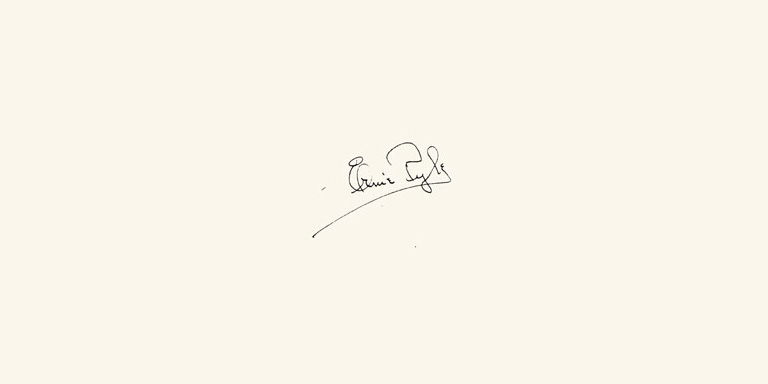Life for airmen might have been easier, Pyle wrote, but they and Pyle’s beloved infantry were both necessary to win the war.
IN ITALY, January 18, 1944 – It has been more than a year since I last spent any time with our Air Forces overseas. So now for a little while I’ll try to tell you what a gigantic thing our "air" has become in this theater.
In the past year I have written so much about the ground forces that they have become an obsession with me. They live and die so miserably and they do it with such determined acceptance that your admiration for them blinds you to the rest of the war.
To any individual the war is seldom any bigger than the space of a few hundred yards on each side of him. All the war in the world is concentrated down into his own personal fight. To me all the war of the world has seemed to be borne by the few thousand front-line soldiers here, destined merely by chance to suffer and die for the rest of us.
All over the world other millions are fighting too, many of them under conditions as wretched as our infantry faces in Italy. But it is easy to forget them in your intentness upon your own hundred yards.
But now, remembering once again, this column will do its stuff with the Air Forces. We may break it up with a short nostalgic jump back to the infantry now and then, but on the whole for the next few weeks we’ll be learning about the flying men.
*
You have to make some psychological adjustments when you switch from the infantry to the Air Forces. The association with death is on a different basis. You approach death rather decently in the Air Forces.
You die well-fed and clean-shaven, if that’s any comfort. You’re at the front only a few hours of the day, instead of day and night for months on end. In the evening you come back to something approximating a home and fireside.
In the Air Forces you still have some semblance of an orderly life, even though you may be living in tents. But in the infantry you must become half beast in order to survive.
Here is the subtle difference between the two: when I’m with the infantry I never shave, for anyone clean-shaven is an obvious outsider and apt to be abused. But in the Air Forces if you go for three days without shaving you get to feeling self-conscious, like a bum among nice people, so you shave in order to conform.
*
I’m now with a dive-bomber squadron of the 12th Air Force Command. There are about fifty officers and two hundred fifty enlisted men in a squadron.
They all live, officers and men too, in a big apartment house that the Italian government built to house war workers and their families. It looks like one of our own government housing projects.
It is out in the country at the edge of a small town. The Germans demolished the big nearby factories beyond, but left the homes intact. When our squadron moved into this building it was their first time under a roof in six months of combat.
Now our airmen have wood stoves in their rooms, they sleep in sleeping bags on folding cots, they have shelves to put their things on, they have electric light, they eat at tables, sitting on stools, and have an Italian boy to clear the dishes away.
They have an Italian barber, and their clothes are clean and pressed. They have a small recreation room with soldier-drawn murals on the walls. They can go to a nearby town of an evening and see American movies, in theaters taken over by the Army. They can have dates with nurses. They can play cards. They can read by good light in a warm room.
Don’t get the wrong impression. Their life is not luxurious. At home we wouldn’t consider it adequate. It has the security of walls and doors, but it is a dog’s life at that.
The toilets don’t work, so you have to flush them with a tin hat full of water dipped out of an always filled bathtub. The lights go out frequently and you have to use candles.
It’s tough getting up two hours before daylight for a dawn mission. The floors are cold, hard tile. There are no rugs. Some of the windows are still blown out.
*
And yet, as the airmen unblushingly admit, their life is paradise compared with the infantry. They are fully appreciative of what the infantry goes through. There has recently been a program of sending pilots up to the front as liaison officers for a few days at a time. They come back and tell the others, so that the whole Air Corps may know the ground problem and how their brothers are living up there in the mud.
It has resulted in an eagerness to help out those ground kids that is actually touching. On days when the squadron dive-bombs the Germans just ahead of our own lines it isn’t as academic to them as it used to be. Now the pilots are thinking of how much that special bomb may help the American boys down below them.
It is teamwork with a soul in it, and we’re fighting better than ever before.



